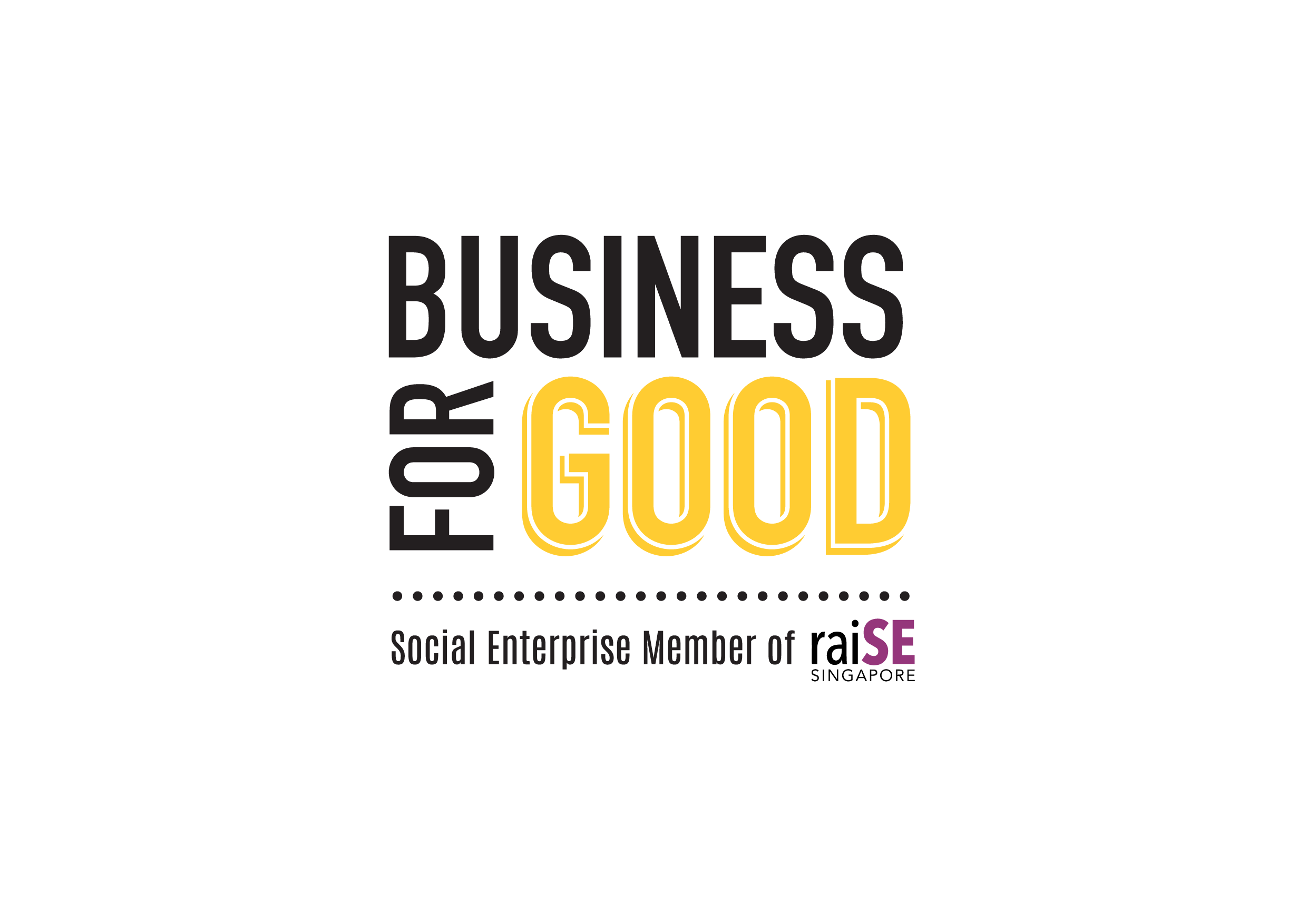Defining “Sustainability Challenges”
YSI SEA has been running an Innovation Programme annually since 2018. Our intention is (and continues to be) to empower youth and young professionals to solve sustainability challenges with a measurable impact.
We naturally arrived at the question: “How do we determine what sustainability challenges are?”
There are so many issues related to sustainability after all. Poverty, malnutrition, lack of access to clean water, education, mental health, climate change, sustainable infrastructure development…the list goes on. The United Nations’ 17 Sustainable Development Goals (SDGs) were a comprehensive set of goals which encompassed many if not most of the sustainable development challenges faced around the world today. They are also commonly adopted by companies around the world as frameworks to do sustainability reporting and assess their performance.
Given that our intention was to bring young entrepreneurs together to solve sustainability issues, we allowed our participants in 2018 and 2019 to determine which issues under the 17 SDGs they are particularly passionate about and worked with them to tackle those specific goals.
What came out of this were start-ups that addressed a wide variety of issues ranging from economic empowerment, quality education, financial inclusion, food & agriculture, responsible consumption practices, and mental health.
We recognised that all these issues are worthy causes, and it was extremely heartening to see participants go through great lengths to identify and validate these big challenges.
Refining Focus
From 2020 onwards, we made the difficult decision to focus on developing startups and center our operations around 3 key verticals:
Future of Food & Agriculture
Clean Energy Transitions and
Circular Economy.
Why the shift?
Focusing on 3 specific verticals allows us to direct our efforts more meaningfully into creating and nurturing impactful solutions which also carry market potential for growth.
Our role as innovation enablers would be way more effective when centered around specific areas which we can build innovation tools, content, networks and opportunities around.
These areas are fundamental issues that govern our everyday life regardless of where we come from: food, energy and waste. They are complex sustainability issues by themselves and can benefit from more attention directed towards them.
Narrowing our focus allows us to build insights, deepen our expertise and pay the knowledge forward within and beyond our ecosystem.
The decision was not an easy one. We found it difficult to shift away from the 17 SDGs primarily because issues such as access to education, healthcare, economic empowerment, wildlife conservation and a whole host of others are issues that are close to the hearts of the different members of the YSI SEA team.
However, we do recognize that the 3 verticals are not just limited to environmental sustainability. They are deeply intertwined in social and economic sustainability issues as well and are filled with opportunities for intervention in these areas.
So How Do The Verticals Fit Into The Programme?
Before diving in to find solutions in these 3 verticals, there is a need to understand the truly complex and interlinked nature of these 3 verticals with socio-economic and environmental factors.
Within the YSI SEA Innovation Programme 2020, we have curated topics for each focus area to provide a broad-based overview of each area. This acts as an easily-accessible entry point for entrepreneurs in our programme to identify and understand the problems they want to address and solve.
With this syllabus, the overall intention is to provide an overview of the following:
History of major developments and the status quo
Societal and economic challenges preventing sustainable transitions
Climate implication, and relevant policies and industrial players
Frontiers of tech and community solutions (in and beyond Southeast Asia)
The entrepreneurs we nurture are the ones who should be aware of the complexity of the issues they are solving and consider the myriad of factors that their startup might have an impact on.
Beyond this syllabus in the first few weeks of the programme, we employ innovation principles such as design thinking and lean methodology to ensure that the startups we create are economically viable and sound.
We are confident that this refined focus enables us to take a more directed approach to create and scale impact.
——————————————————————————————————————-
For those interested, here is a slightly more detailed breakdown of the focus area specific topics that we will cover during the programme.
Future of Food and Agriculture
The journey to industrialized agriculture, and key agricultural inputs
The relationship between producers and consumers
Key risks and vulnerabilities to our agriculture (climate, disease, socio-political)
From farm to table; an overview of the supply and value chain
Clean Energy Transitions
Climate change and energy flows
Energy supply and demand
Energy technologies (Efficiency, Renewables, Carbon Capture Storage & Utilization)
Energy policy in Southeast Asia
Circular Economy
Features and limitations of the linear economy
Beyond Recycling and upcycling
Reuse models, re-manufacturing, and product service systems
The advent of the sharing economy

